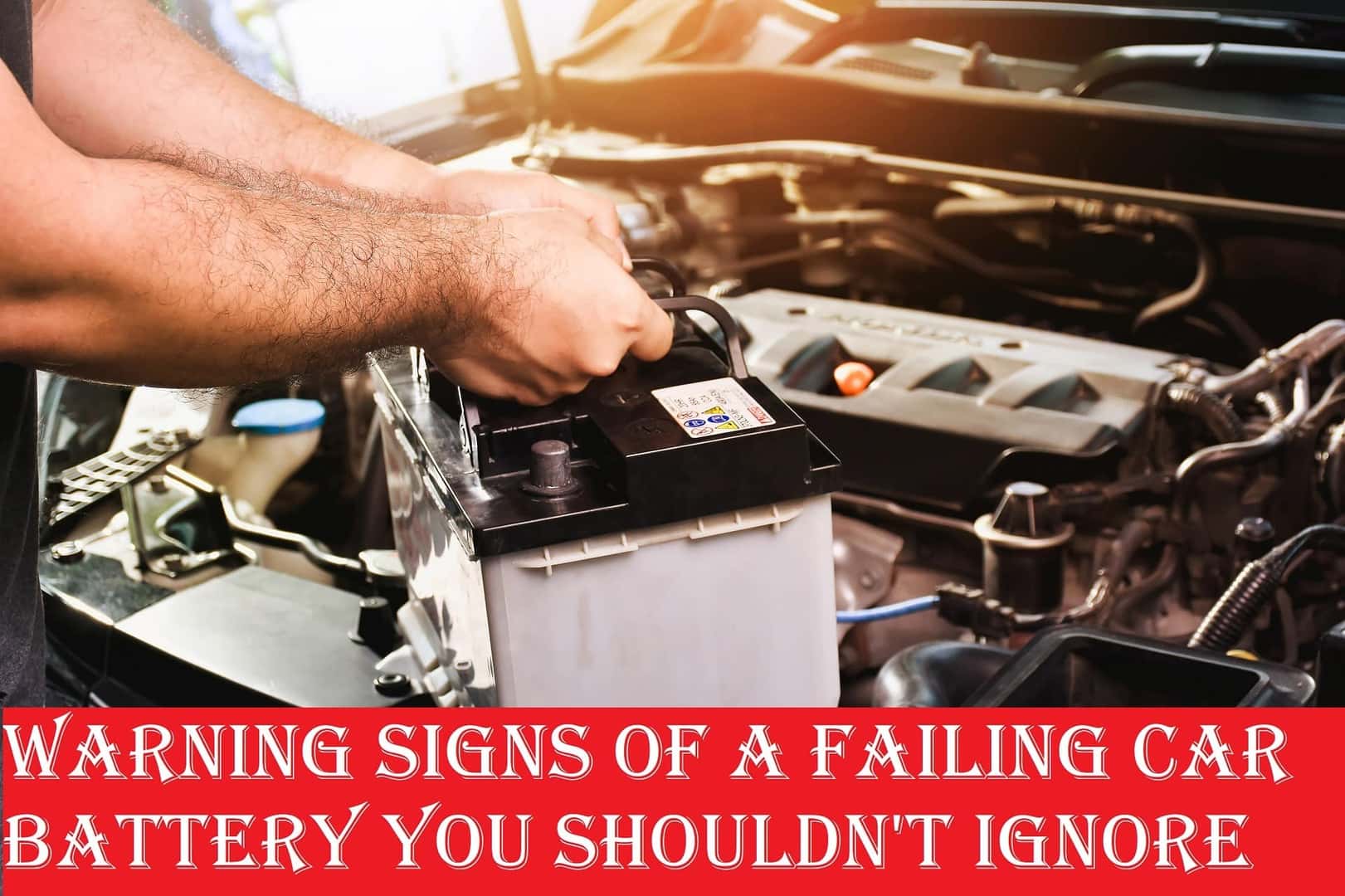A vehicle’s battery is one of those parts most drivers don’t think about—until the day it fails. Few things are more frustrating than being stuck in a parking lot, late for work, with nothing but a click-click when you turn the key.
Like any other component, car batteries have a lifespan. Knowing the signs of a weak or failing battery can help you replace it before you’re stranded. Here’s what you need to know.
The Typical Lifespan of a Car Battery
On average, a car battery lasts 3 to 5 years, but this can vary depending on factors like:
- Climate: Extreme heat or cold shortens battery life.
- Driving habits: Short trips that don’t give the alternator enough time to recharge the battery will wear it down faster.
- Vehicle type: Cars with lots of electronics or start-stop systems put more strain on the battery.
If your battery is 4 years old or older, it’s wise to have it tested regularly and start planning for a replacement.
Common Signs It’s Time for a New Battery
- Slow Engine Crank
- If the engine takes longer than usual to turn over, your battery may be losing capacity.
- Dim Headlights or Electrical Issues
- Flickering lights, weak power windows, or sluggish accessories point to declining battery strength.
- Dashboard Warning Light
- Many vehicles have a battery-shaped warning light that comes on when there’s an issue with charging or voltage.
- Clicking Sound When Starting
- A rapid clicking sound when turning the key often means the battery doesn’t have enough power to crank the starter.
- Swollen or Corroded Battery Case
- Heat, freezing, or internal damage can cause the case to bulge. Corroded terminals also disrupt power flow.
- Frequent Jump Starts Needed
- If you’re constantly relying on jumper cables, it’s a clear sign your battery is on borrowed time.
Why Proactive Replacement Matters
Waiting until your battery dies completely is not only inconvenient but also risky. A dead battery can leave you stranded in unsafe situations—on the roadside, late at night, or in bad weather.
Replacing a battery before it fails:
- Saves time and stress.
- Protects your alternator (which can overwork itself trying to recharge a weak battery).
- Ensures your vehicle’s electronics—from headlights to infotainment—run reliably.
How to Check Your Battery’s Health
- Visual Inspection: Look for corrosion, leaks, or bulging.
- Voltage Test: A healthy battery should measure around 12.6 volts when fully charged. Anything under 12.4 volts may indicate weakness.
- Load Test: Many shops (and some auto parts stores) offer free battery testing to check its performance under simulated conditions.
Tips to Extend Battery Life
- Drive your vehicle regularly and take longer trips to keep the battery fully charged.
- Keep terminals clean and free from corrosion.
- Limit accessory use (lights, radio, charging devices) when the engine is off.
- Make sure your alternator and charging system are working properly.
Final Thoughts
Your battery is the heartbeat of your car’s electrical system. While it may be small, its role is critical—from starting the engine to powering lights and electronics.
If your car is slow to start, lights are dim, or your battery is more than a few years old, don’t wait until you’re stuck with a dead car. Schedule a battery test and, if needed, a replacement. A little preventative care today can save you from a major headache tomorrow.




